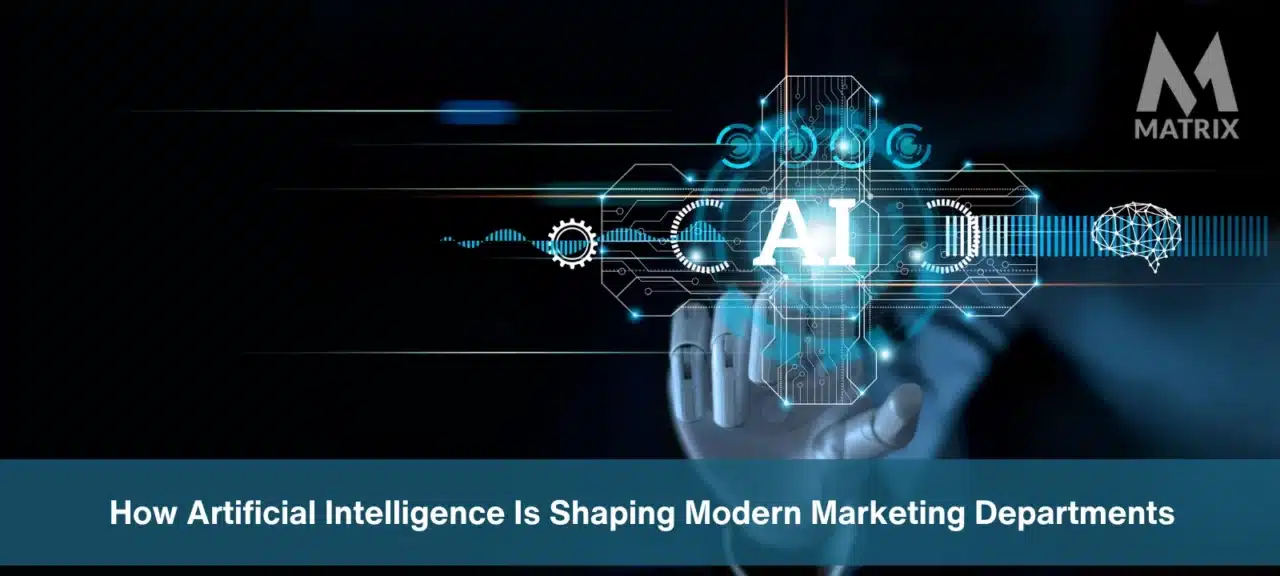How Artificial Intelligence Is Reshaping Marketing Departments
Learn How Artificial Intelligence Is Reshaping Marketing Departments
Finding the best talent and keeping them is one of the hardest challenges faced by any company.
The marketing industry is in flux. The rise of AI is challenging the current state of digital marketing. There’s a sense of nervousness around the marketing departments, specifically in the content generation areas.
During trials, AI helped reduce the amount of underutilized human capital at a digital marketing agency, with improvements of up to 40%. No more wasted potential.
As the AI market explodes with over 4,400 tools available, winning at marketing comes down to knowing how to leverage AI in processes and systems. The marketing department’s ability to do this will determine the game’s victory.
When we integrated artificial intelligence into our agency in 2011, we experienced numerous advantages. Weeks and months of arduous work developing intricate campaigns that comprised video ads, podcasts, roadshows, Scripps trade shows, and email workflows now took a fraction of the time.
With MatrixAI, we can do the same amount of work in half the time. AI-generated campaigns are faster, higher-quality, and more affordable for our clients. It’s AI with the human touch.
Artificial intelligence (AI) can help marketing departments with labor shortages in many ways. But there is a dirty little secret digital marketing agencies don’t want you to know. The new state of marketing started years ago, but there is more.
Here are a few examples:
- Automate tasks: AI can automate many tasks that marketing professionals, such as data entry, scheduling, and reporting, typically perform. This can free up marketing professionals to focus on more strategic and creative tasks.
- Personalize marketing campaigns: AI can be used to personalize marketing campaigns to different segments of customers. This can help to improve the effectiveness of marketing campaigns and increase ROI.
- Generate content: AI can generate content, such as blog posts, social media posts, and email campaigns. This can help save time and resources and ensure that content is consistent with the brand’s voice and tone.
- Analyze data: AI can analyze data, such as customer behavior, social media data, and website traffic. This data can be used to gain insights into customer preferences and to identify trends. This information can then be used to improve marketing campaigns and to make better business decisions.
Overall, AI can be a valuable tool for marketing departments facing labor shortages. By automating tasks, personalizing campaigns, generating content, and analyzing data, AI can help marketing professionals be more efficient, effective, and strategic.
Presence-Building Vehicle Selector
Choose the right marketing vehicles based on your brand’s bottlenecks and goals.
Your Top Marketing Recommendations
Disclaimer: These recommendations are a starting point. A comprehensive strategy requires deeper market analysis.

